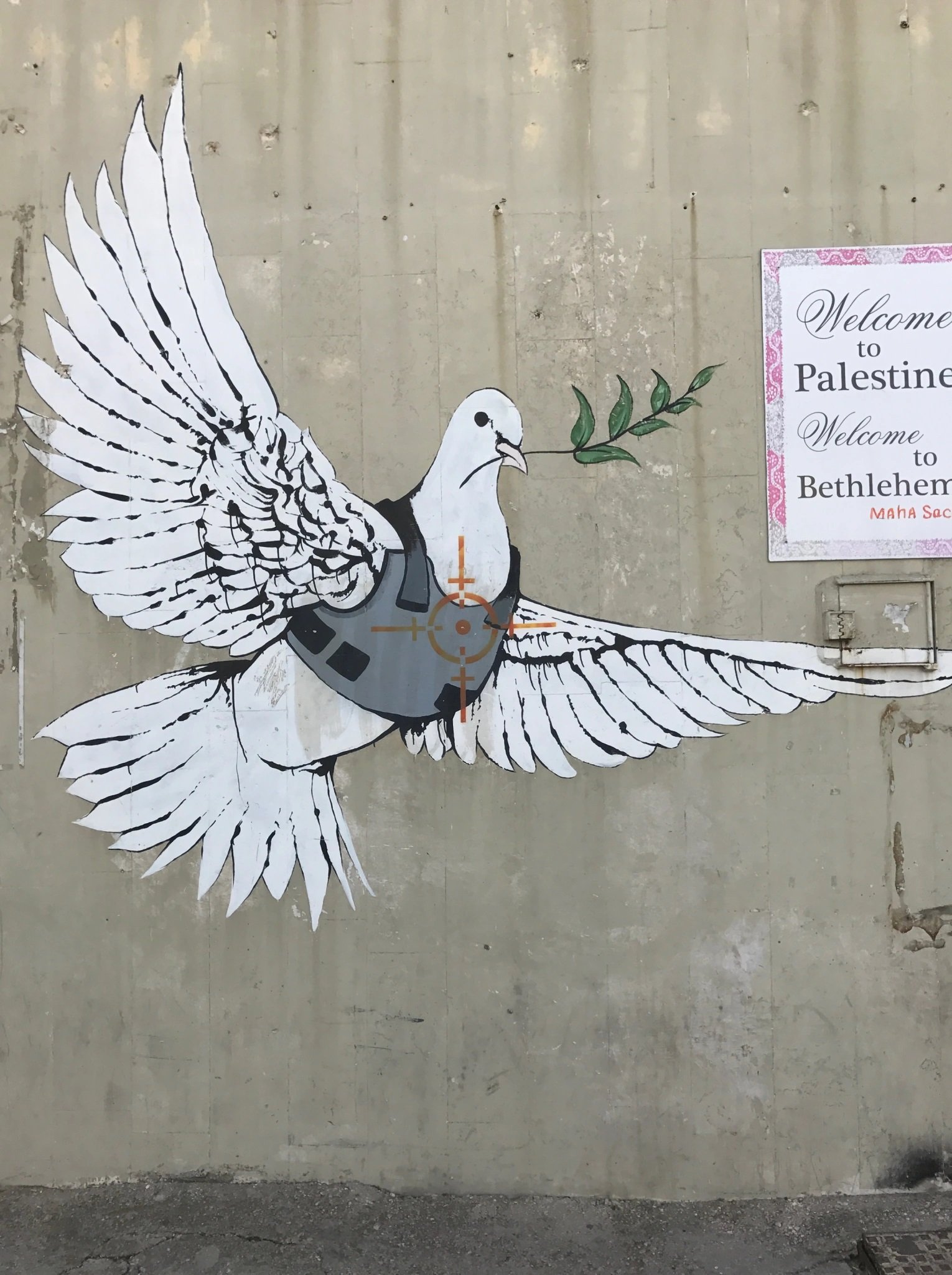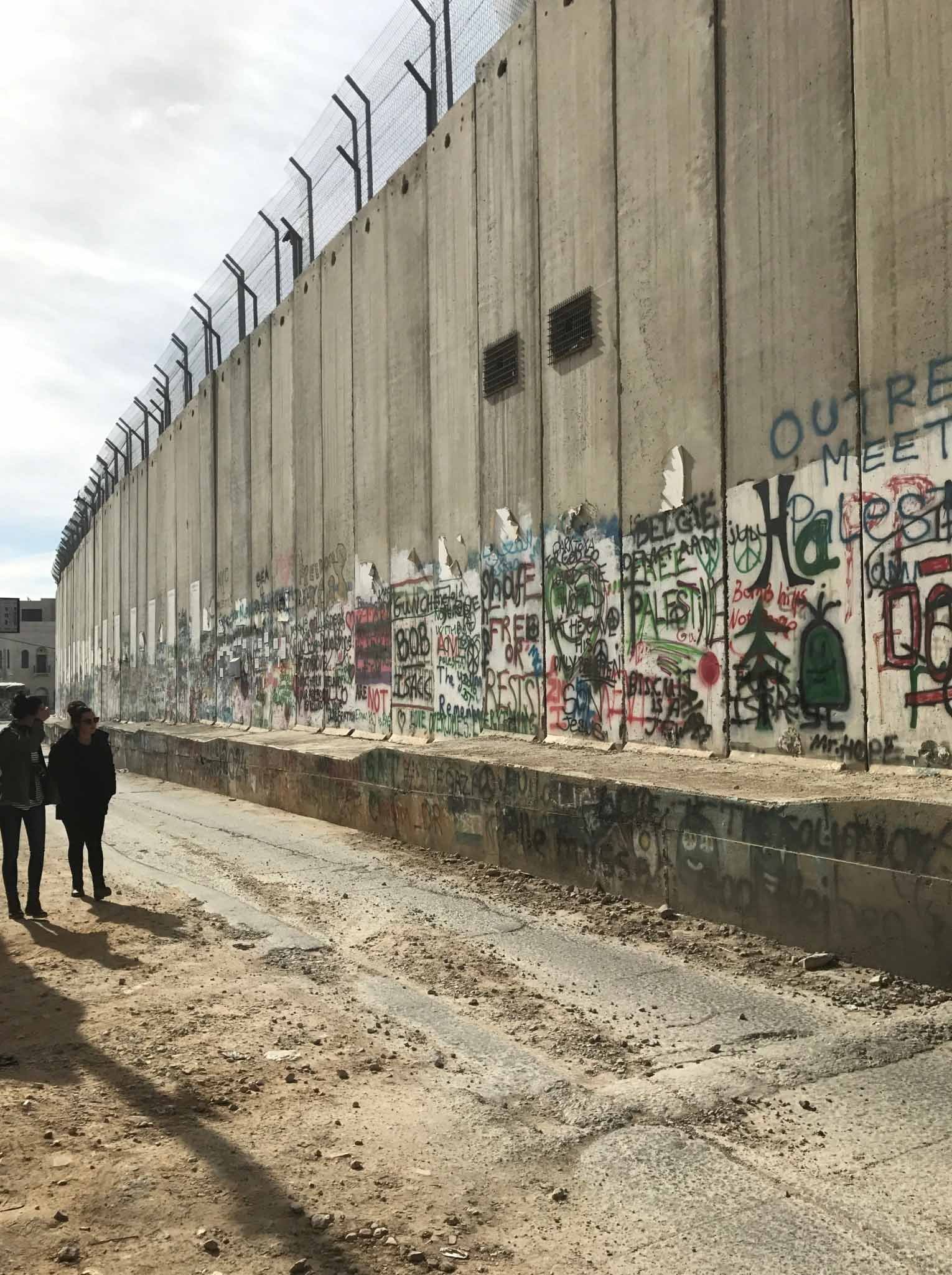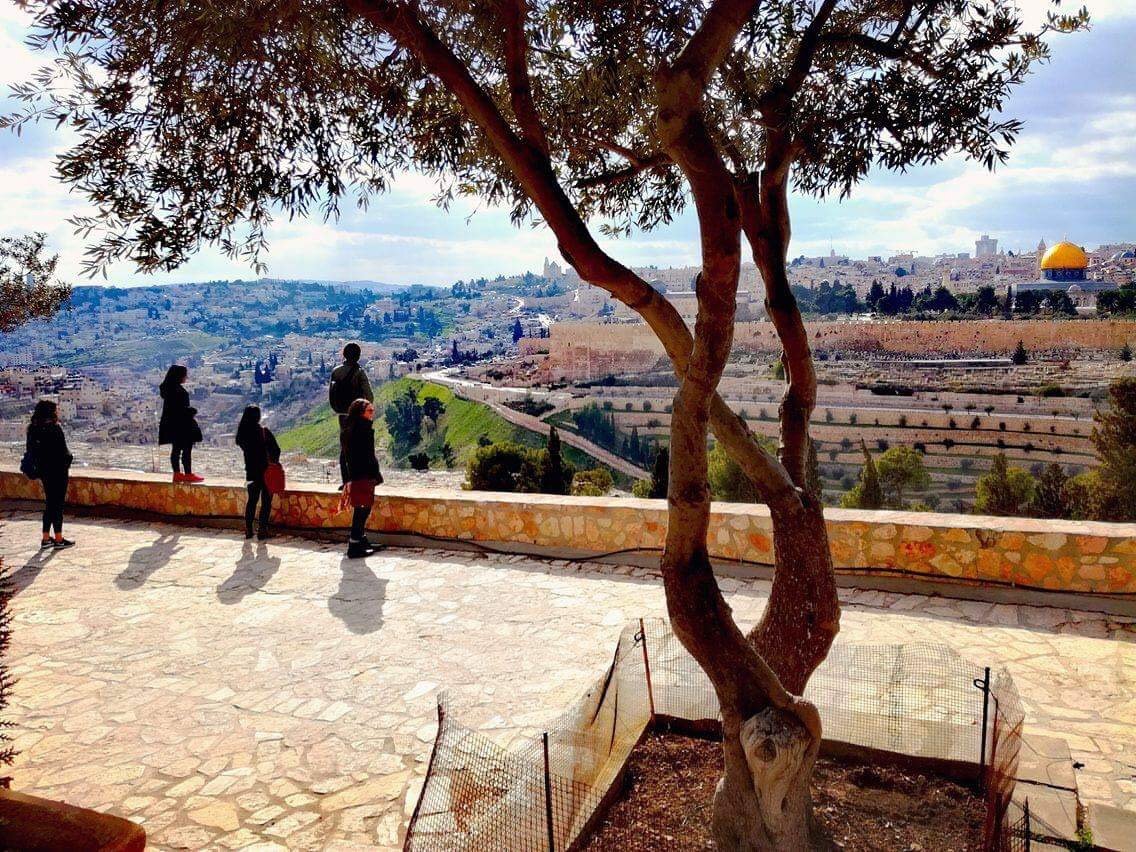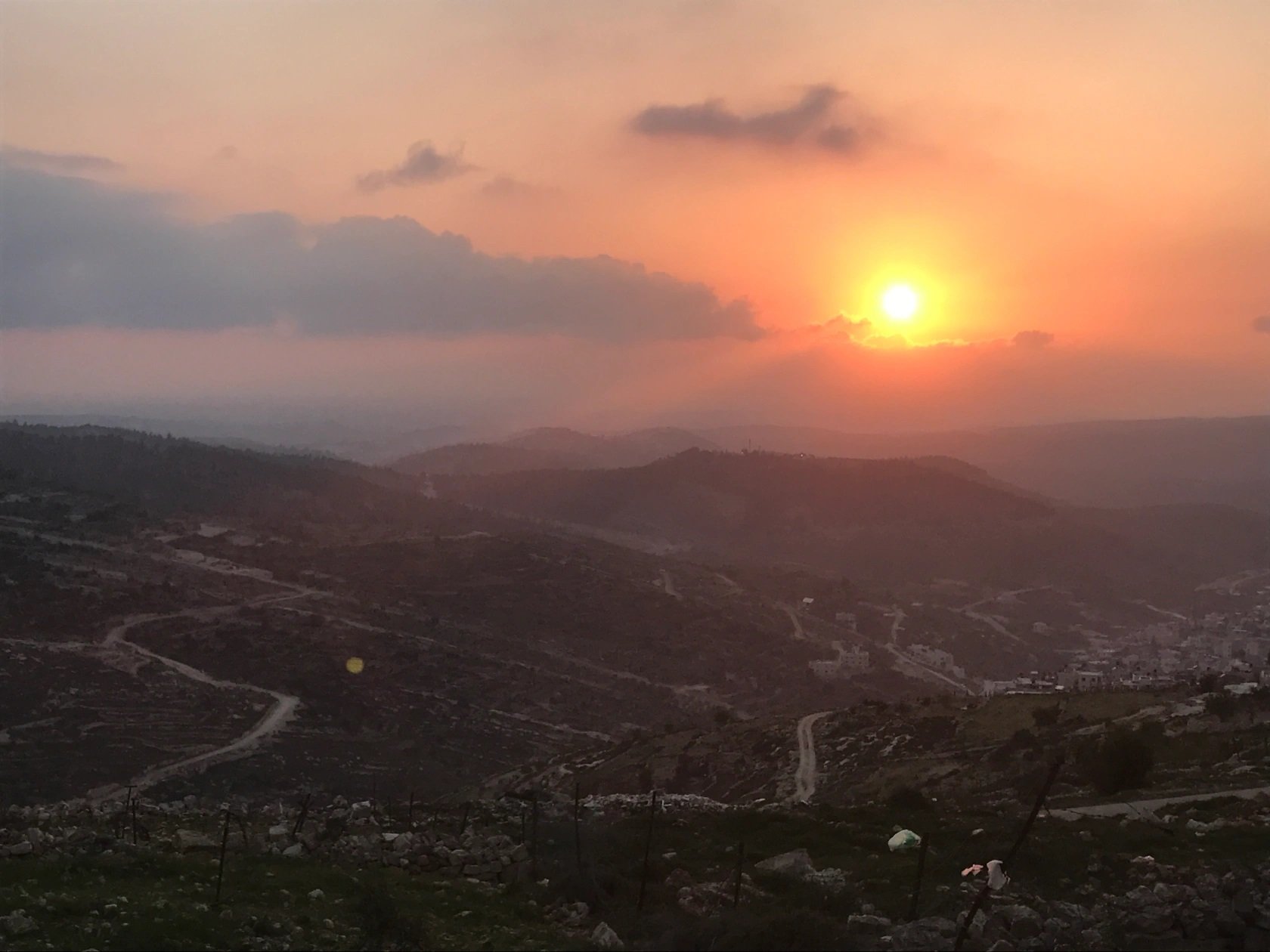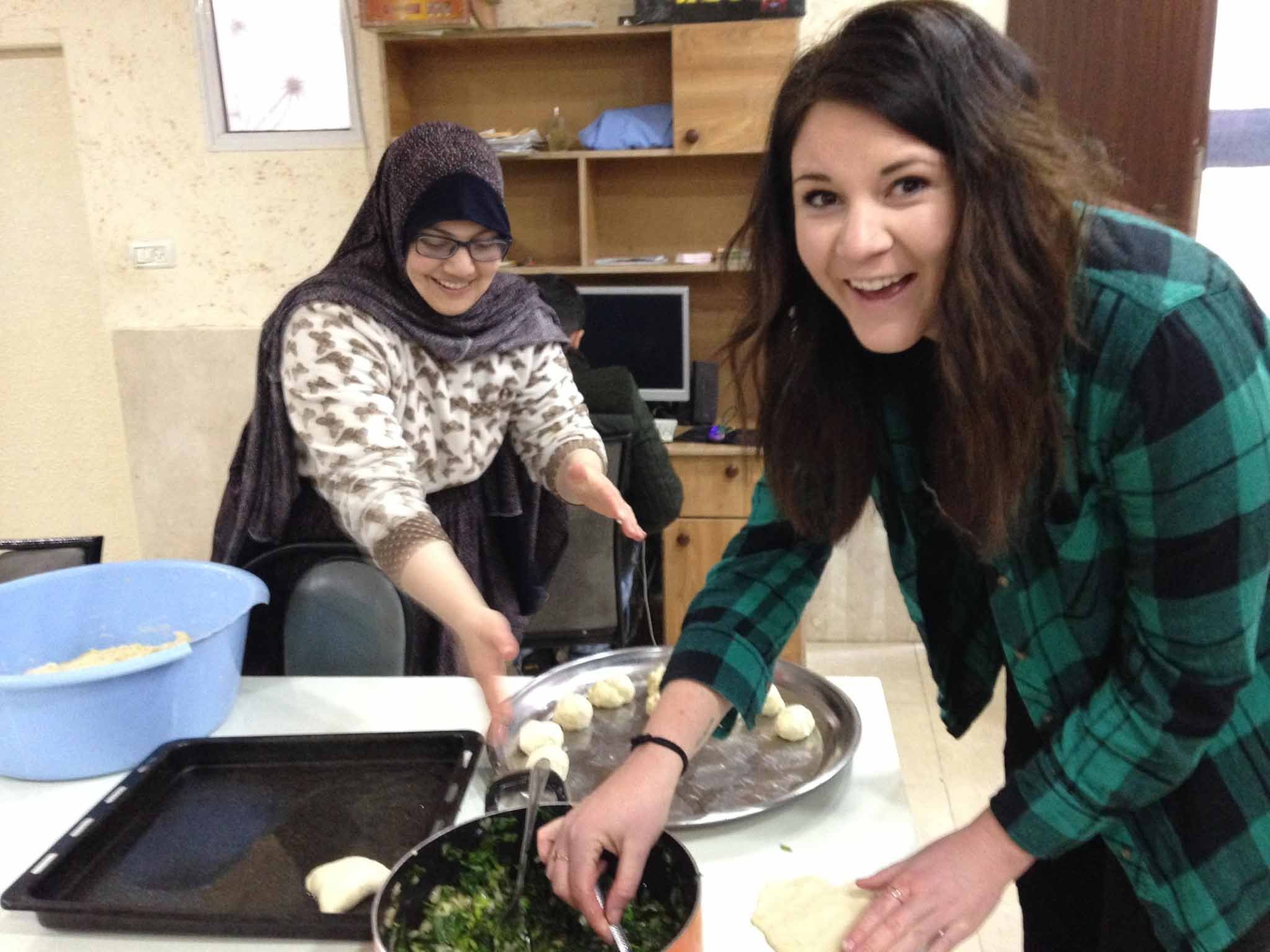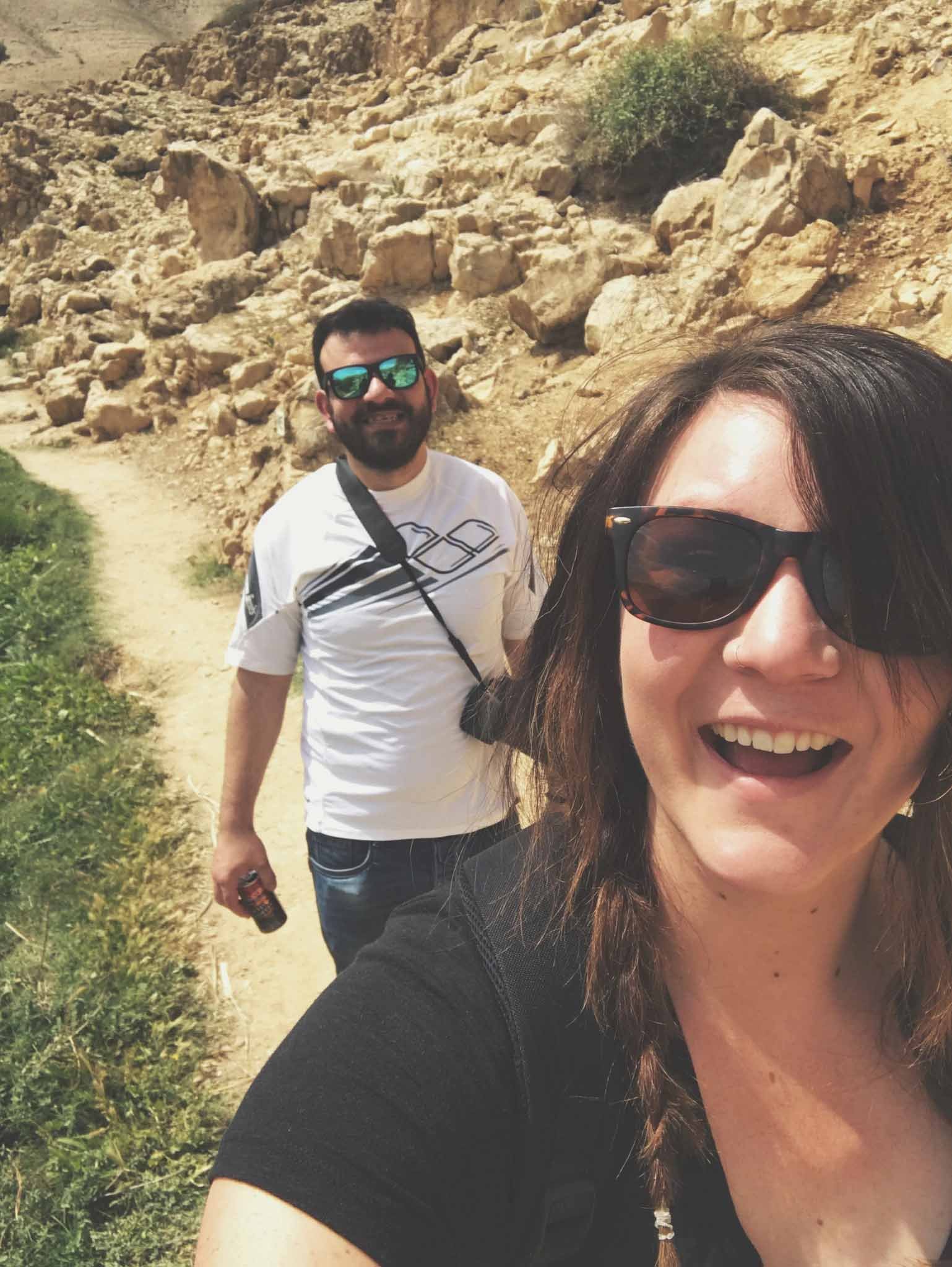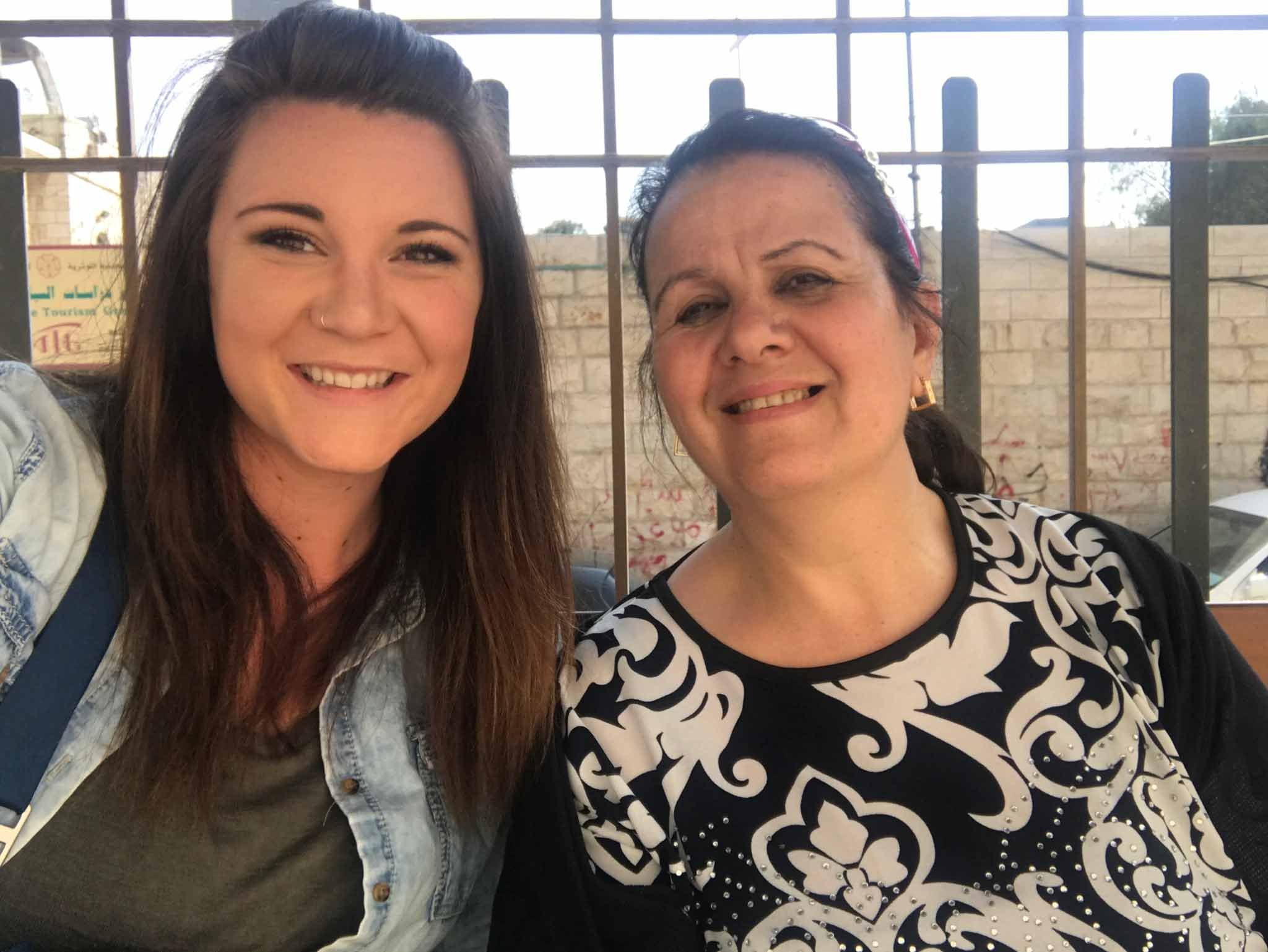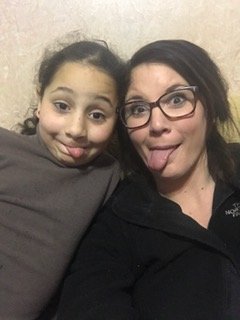My Words to the Christian Church and Anyone Who Uses Social Media.
A few weeks back, the media broke out news of the recent unrest in Israel and Palestine. And like most news, things come and go and they move on to the next stories and it goes down the bottom of the pile. When I see anything about Palestine, my eyes are instantly drawn to it because I lived there for a short time a few years back. I have Palestinian friends I still stay in contact with so when I hear about a bombing, I cant help but think of the families I lived with, and reach out over Facebook messenger. (Praise for technology!)
Though it may seem like old news to some (because hello! this was so three weeks ago), I feel compelled to write out some thoughts, and I hope you bear with me in the process and take away something useful.
Four years ago I lived in Palestine for three months. First month I lived with a Muslim family in a refugee camp near Bethlehem, then for two weeks I lived with a Jewish couple in Jerusalem (located on other side of the wall, across the boarder from Palestine) and then the remainder of the time, back in Palestine with a Palestinian Christian family.
Three months was a short amount of time, but enough to make my black and white world fall apart, and mix into a very mucky gray, leaving me confused, exhausted, and not sure of what to do with my experience or how to process it.
I saw how Palestinians lived under occupation, I saw the watch towers, the Israli soldiers at the boarder of the wall, I witnessed tear gas being thrown, protests, and oppression and Jewish settlements being built on top of Palestinian homes/ land. I volunteered at a Muslim refugee camp for children with special needs, and spent time gardening at a Palestinian nature reserve center. I talked with Palestinians and asked where they were when their homes were taken or bombed, and how they feel about being under occupation. I did life with them, listened to their stories to the best of my abilities.
I also experienced Jewish culture on the other side of the wall- their beautiful rituals, traditions, and amazing food. I saw 14 year old girls holding massive guns preparing to be in the Israli military. I went to a Christian church, the Wailing Wall and witnessed their mourning, and visited the Holocost museum. I volunteered at a food bank to feed the Jewish people. I talked with Israli soldiers, Messianic Jews, Orthadox Jews, and Gentiles (another name for Israli christians). It was hard to hear when some would say: “Palestinians are poison and we need to get rid of them.” I tried my best to be unprejudiced, because their words were coming from what they believed was their birthright; the belief and their truth the land belonged to the Jews because God said so. I did my best to love and sympathize because may we not forget the horrific things that were done to Jewish people during the Holocost.
What was once this pretty picture of the Holy Land, where so many religious people dream to walk, turned into a place not so glittery or had the awestruck factor to it anymore.
I could go on and on about stories of what I experienced, conversations I had, and the interactions with each family; and if you want more information, go up a few blog posts from 2017, there’s some funny stories there. But the point of this post isn’t necessarily to tell you my experience being there, and it’s not about how I feel about the issue on a political matter, what I want to share is what happened when I came back to America.
I’ll be honest, it was really hard not to take a bias towards Palestinians because that’s who I spent the most time with, and saw the conditions they live in. And when I came back to the states, I wondered if I was supposed to become some sort of Palestinan activist or something. I wondered if now it was my job to bring awareness to people of what Palestinians under occupation live with. I thought for sure whoever I talked to, this was going to be shocking and concerning to people, especially my fellow Christians and they will sympathize for the Palestinians with me. To my ignorance, that was not the case.
I knew America in general is very proud to stand with Israel. Especially the American church because of the pretty picture of the Holy Land. What I didn’t know is that the Evangelical church would justify or bypass the injustice, and deaths of innocent human lives with their interpretation of the Bible. The majority of responses were: “Yes well… His ways are higher than our ways and it’s best not to question Him.” or “Yes that’s true, the Land does belong to the Jews.” or “Well according to the Bible this is the fulfillment of prophecy, this is meant to happen.” I didnt know the church, and the majority of the church body I united with would deviate from genocide by their interpretation of theology and biblical prophecy, and it confused the hell out of me.
Was I wrong to stand up for Palestinians? You’re telling me God cares way more for land than the innocent souls who walk, live and breathe on it? Based on the stories I’ve been told and studies I’ve done about Jesus, I beg to differ. I think we can all agree he cared about people. ALL people. And by the way, Jesus was born in Palestine, that’s enough to make you lift an eyebrow.
For anyone whose first instinct is to bypass the injustice because you hold onto what you’ve been taught, and claim to be true, then I challenge you to go to Palestine. Look in the faces of those precious humans who are so kind, welcoming, loving, who are being bombed and livelihood being destroyed, I dare you to look them in the eye and say “Don’t worry, this is all a part of the Biblical prophecy, this is all as God intended.” as you go back and watch on the sidelines in your church building worshiping your God with fog machines and bright lights, and a potluck afterward.
Trust me, if you lived with the people I did, who read the same Bible I did, you would feel a little icky about using the Bible that way. When you do life close up with people, you realize beautiful human souls should never be a tradeoff to support your doctrine.
In fact, if that is what your doing, then may I be so bold as to say thats exactly what white Christians did to support African American slavery. They used their interpretation of theology to make it justifiable to have slaves. I think (I hope) we know by now in the 21st century how brutally wrong that was. It wasn’t ok when Christians justified through scripture having black slaves, and I don’t believe it’s ok now, even in the Holy Land.
What the media doesn’t cover is that there are groups of people who gather together in the city of Jerusalem as well as Palestine to bridge the gap and bring racial reconciliation. People on complete opposite sides of belief, upbringing, theology, and race come together and treat each other like humans. They talk about what it looks like to bring peace, practice peace in a practical way. What it means to treat each other with respect and listen to each other despite disagreements. I’ve personally been invited to those groups, they are small and few in number, and at first I wondered what was the point? Was this actually making a difference? The issue seems so much larger at hand than just having conversations with open minded and friendly people. No, maybe it didn’t help the situation as a whole. Obviously, because as we saw a few weeks ago, people are still suffering. But if I learned anything in that time, it was the small steps- the steps of being intentional to listen, learn, drop down defences, and have face to face conversations, that alone at least makes people feel worthy, seen, known and loved. If that isn’t a representation of Jesus and his ministry on earth and what he instructed believers to do, then I must have a different interpretation of Jesus.
By no means do I have the answers to a solution for peace… Because as I experienced, there was way more than religious conflict going on. There’s hundreds of years of history, and political issues, as well as religious beliefs all up in that mucky gray cloud. But what I took away from that experience, even though it took me four years to figure it out because as it turns out, brainwashing takes a long time to undo- I learned theology provides an intellectually satisfying response to a lot of problems, but it looks a lot better on paper than it does to applying it in real life with real people in a real place. It doesn’t sit right with me that I’m guaranteed peace and safety because of where I live just by luck of the draw, then use my theology to justify a group of people to be cleansed out because they were dealt a shitty hand. They are not less than me. I must ask you, if you are a Christian, who do you consider children of God and worthy of protection, and basic human rights? Is there room for Palestinisns- both Christian and Muslim in your theology? Is there room for you to maybe question your biblical view a little bit without the fear of being struck down by lightning? Or the fear of being wrong or your whole foundation being rocked? It’s a scary place to be in, to have your foundation a little rocked, but it’s worth the mind-battle on the other end. (currently going through breaking up my theological foundations so maybe ask me later if it’s worth it lol).
I was talking with my friend Cass I went to Palestine with and we both agreed Palestine being a topic on the news and social media outlets was shocking. Never did we think that would be a thing. It was strange to see people I followed post on their stories quick snippets of information about the conflict, or shouting for Palestinian human rights. At first it angered me, because all of a sudden it was ‘trendy’ to post about it. It felt like people were #woke because leaders or politicians they follow were doing the same. It made me wonder if they actually cared or if it was the popular thing to do. A handful of people asked me about my experience or my thoughts on the matter, even though four years ago, no one seemed to care. But I suppose when the whole social media world is talking about it, then it must be important.
Like I said before, the media moves on pretty quickly, and I have yet to see those same posts for #freepalestine on most of those personal accounts, but my friend Cass and I both agreed that at least there is more awareness now. Regardless of my frustrations with social media usage, and the confusing #woke culture, at least more voices were advocating for innocent people. Regardless of whether I think a solution is possible through retweeting and resharing or not, the media provides a place for people to be heard and hopefully the ones who reposted actually believe in the cause and are doing more research into the situation.
SOOO what’s the point Jess? I dunno. You can do whatever you want with my words, take it or leave it. But I suppose the point of this is:
1. If you were someone who became aware of what is happening in that part of the world that is so dang complicated and has hundreds of years of history and posted about it, I hope you still care three weeks later and I hope that wasn’t a trend to follow for a short while. Not just with this issue but with anything that brings awareness.
2. Applying a certain detailed theology to satisfy myself of the world’s harshest problems and to give some sort of response no longer works for me. And I wonder if you’re a christian reading this, is there room for you to not use your theology to satisfy you? Is there room to question? After all, God is not afraid of our questions, right?
That’s all I got. Just another day of raising my white flag and surrender my frustrations of theology and #woke culture.
Thank you for reading and if you want to dialog about this, feel free to message me!
Sincerely,
Your new Christian pessimist and social media sourpuss.

